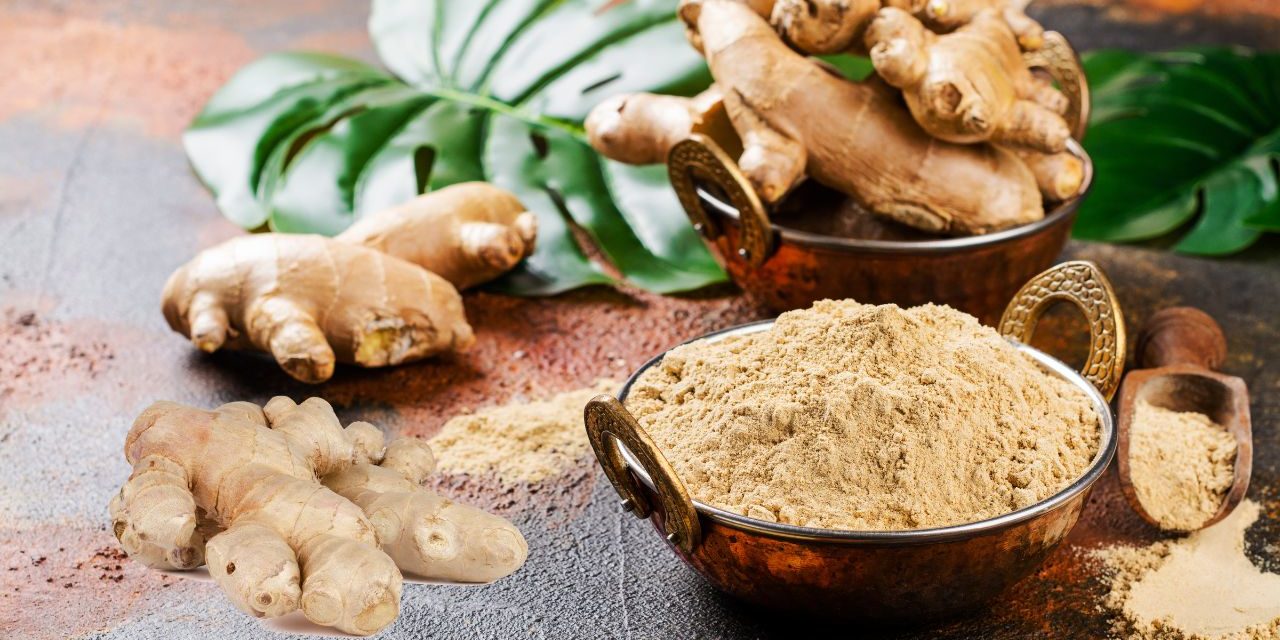Ginger Side Effects Unveiled: What You Need to Know
Introduction:
Ginger, a popular spice known for its distinctive flavor and medicinal properties, is widely used in various cuisines and traditional remedies. Although ginger offers numerous health benefits, it is important to be aware of the potential side effects of its use. In this article, we will explore the potential side effects of ginger, helping you make informed decisions about its use and ensure your health.
1. Indigestion:
Ginger is known for its ability to relieve digestive problems. However, in some individuals, ginger consumption may cause digestive discomfort. Common side effects may include heartburn, stomach upset, bloating and gas. These symptoms are usually mild and temporary but can be bothersome to sensitive individuals.
2. Increased risk of bleeding:
Ginger has natural blood-thinning properties, which can be beneficial in some cases. However, caution should be exercised by those with bleeding disorders or those taking blood-thinning medications. Taking too much ginger or combining it with anticoagulant medications can increase the risk of bleeding or interfere with the blood’s ability to clot.
3. Interaction with medicines:
Ginger can interact with certain medications, including blood thinners, antacids, diabetes medications, and high blood pressure medications. It is important to consult a healthcare professional if you are taking any medications to determine possible interactions and ensure your safety.
4. Allergic reactions:
Although uncommon, some individuals may experience an allergic reaction to ginger. Symptoms can range from mild, such as skin rash and itching, to severe reactions such as difficulty breathing, swelling of the face or throat, and anaphylaxis. If you are allergic to ginger or other related spices, it should be avoided.
5. Lowering Blood Sugar Levels:
Ginger has been shown to decrease blood sugar levels. While this can be beneficial for people with diabetes, it can cause complications for those who are already taking diabetes medications or experiencing low blood sugar levels (hypoglycemia). When adding ginger to the diet, it is important to closely monitor blood sugar levels and adjust the dosage as necessary.
6. Interference with absorption of iron and other minerals:
Excessive consumption of ginger has the potential to interfere with the absorption of iron and other minerals from food. This may be a concern for individuals with iron deficiency anemia or those who rely on plant-based sources of iron. Ginger intake must be balanced with other nutrient-dense foods to maintain proper mineral levels.
7. Pregnancy and Breastfeeding:
Pregnant and lactating women should use caution when using ginger. Although ginger has been traditionally used to relieve pregnancy-related nausea, high doses or long-term use are not recommended. It is best to consult a healthcare professional for personal advice on the use of ginger during pregnancy and breastfeeding.
Result:
Ginger is a versatile spice with numerous health benefits, but it’s important to be aware of potential side effects. Although most people can safely consume ginger in moderation, certain groups, such as those with certain medical conditions or taking certain medications, should exercise caution. It is always recommended to consult a healthcare professional if you have any concerns or questions regarding the use of ginger. By being aware and mindful, you can enjoy the benefits of ginger while prioritizing your well-being.










